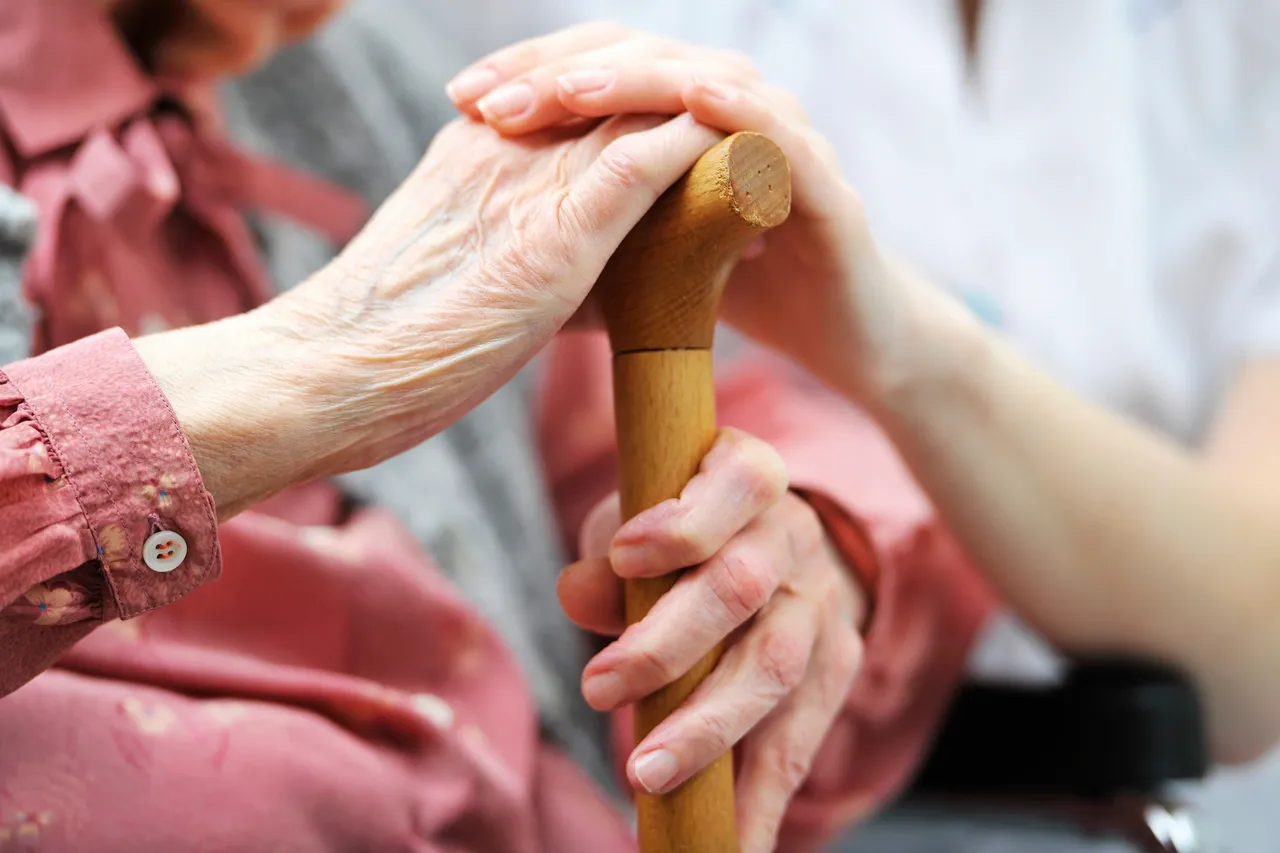
Caring for Seniors: Preventing Slips and Falls in Seniors
April 21st, 2021aging in place, Alzheimer's Care, Caregiver Employment, Caregiver job, Caregiver Service, Companion Caregiver, Dementia Care, Elderly Care, Fall Activities for Seniors, Hire CNA, Hire HHA, Hire PCA, Home Healthcare, House Cleaning, In Home Care, Janitorial Service, Long Term Care, Office Cleaning, Outdoor Activities for Seniors, Polish Care Services, Retirement Plans for Seniors, Senior Care Services, Spring Activities, Summer Activities for Seniors, Uncategorized,
Managing slips and falls at home are some of the biggest concerns for seniors and their families during long term care at home. Fortunately, these incidents are preventable. This post talks about the steps that should be taken to keep seniors from falling at home with tips for family members and caregivers.
See a Doctor
The first step to preventing falls at home is to schedule an appointment with a senior’s doctor. Make sure to cover concerns such as:
– Some medications put seniors at an increased risk for falls. Making some changes may help lessen the risk. Bring a list of medications with you and ask the doctor to review it.
* Discuss any history of falls to help the doctor determine what fall prevention measures can be taken.
* Talk about how you feel when you walk. Do you feel dizzy when you walk, short of breath, have numbness, or joint pain? These can increase the risk for falls.
How to Prevent Slips and Falls at Home
Prevent slips and falls at home by following common-sense rules like wearing the correct footwear. Shoes that have nonskid soles, are sturdy, and fit properly indoors and outside will go a long way towards fall prevention. Wearing good shoes also means moving more because physical activities help prevent falls. Consult your loved one’s doctor and ask if things like tai chi, walking, or working out in water would be beneficial.
Implement Simple Safety Measures
Seniors often slip or fall while engaged in daily activities. Caregivers should conduct a safety assessment to look for potential fall hazards. Recommendations based on that safety assessment might include things like:
– Store things you reach for every day within easy reach.
* Clear walkways of cords, boxes, and newspapers.
* Secure loose carpets with double-sided tape or a slip-resistant backing.
* Use non-slip mats in the bath or shower and use a shower chair while in the shower to allow you to sit.
Watch for Behavioral Signs
Caregivers for seniors may also notice that behavioral changes in seniors that increase fall risk. Difficulty getting up from a chair, holding on to someone else while walking or holding on to walls are all signs that a senior could benefit from physical therapy.
If you’re looking for a caregiver to help a senior avoid falls and manage safety at home, contact Polish Care Services. Our staff of care experts will be happy to assist you. Reach out to us today!
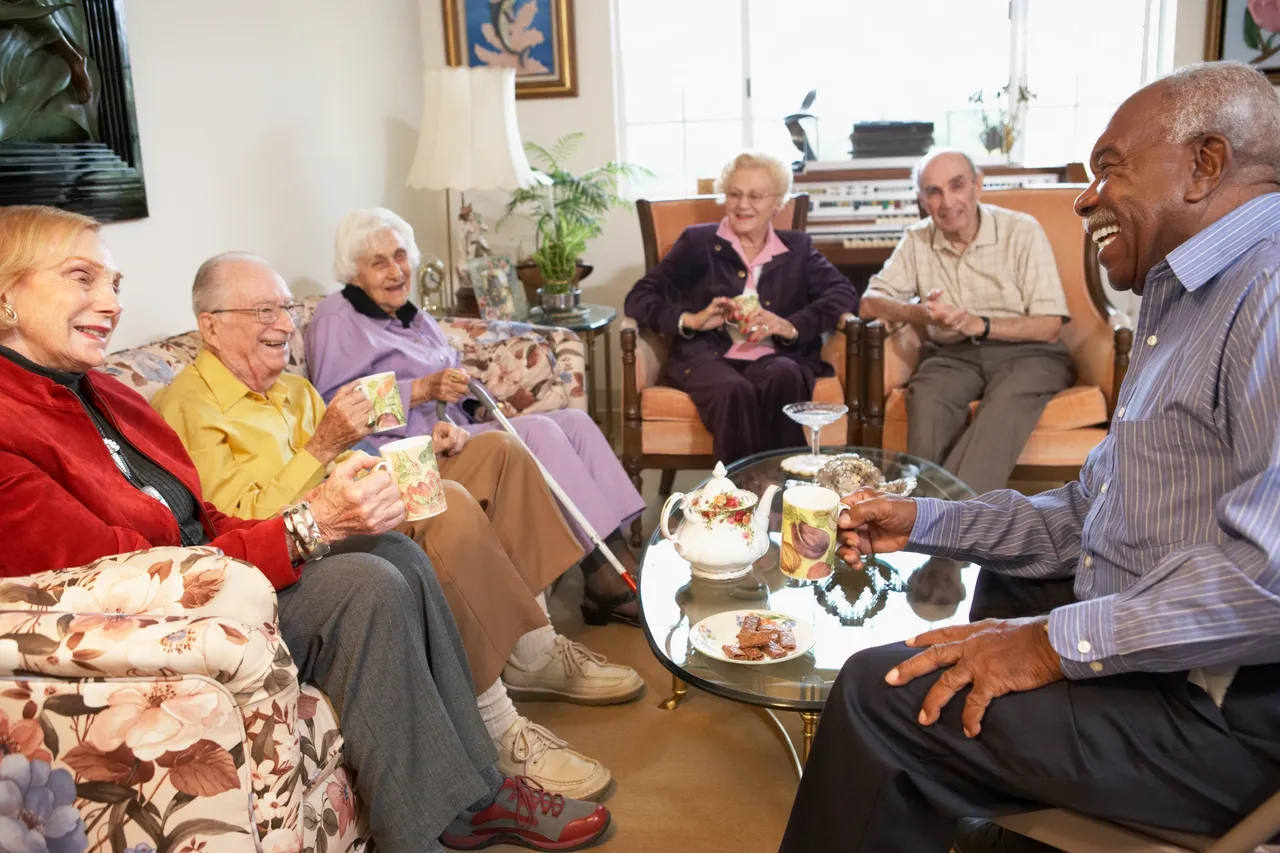
Caring for Seniors: Preventing Loneliness for Seniors
March 2nd, 2021aging in place, Alzheimer's Care, Caregiver Employment, Caregiver job, Caregiver Service, Companion Caregiver, Dementia Care, Elderly Care, Fall Activities for Seniors, Hire CNA, Hire HHA, Hire PCA, Home Healthcare, House Cleaning, In Home Care, Janitorial Service, Long Term Care, Office Cleaning, Outdoor Activities for Seniors, Polish Care Services, Polish Care Services Trademark, Retirement Plans for Seniors, Senior Care Services, Spring Activities, Summer Activities for Seniors, Uncategorized,
Social isolation or loneliness is a significant problem for seniors. It’s estimated that by the year 2030, 20% of the population is going to be made up of people who are aged 65 and older. 28% of that population will live alone. Isolation is not cheap either. Over $6.7 billion is spent each year on costs that can be attributed to social isolation. This article offers more information on how social isolation impacts seniors and ways it can be prevented or reduced.
Health Risks Associated with Loneliness
Loneliness isn’t simply a statistic. It comes with consequences for a senior’s health. Social isolation increases the risk of premature death more so than other causes like smoking or obesity. It also increases the risk of dementia, heart disease, and stroke. Clients who have heart failure are four times more likely to die if they are lonely, have an increased rate of hospitalization, and visit the emergency room more often.
Furthermore studies on loneliness suggest that older people who are immigrants, lesbian, gay, bisexual, or transgender may feel lonely more often than other populations due to factors like community differences, language barriers, discrimination, barriers to care, stigma, and family dynamics.
How to Prevent Isolation and Isolation
Keeping seniors active is one way to reduce isolation. Getting exercise three to four days a week is shown to reduce rates of loneliness by 6% to 9%. Having regular social contact with people through in-person visits, if safe, through texts, or video chat is another way to keep loneliness at bay.
Being able to access transportation is another way to increase engagement. This includes public transportation, rides from family members, and caregivers as well as ride-share. Having someone to do activities with like play games, read, socialize, and get active can also stave off loneliness.
At Polish Care Services we offer long-term care services and senior care that includes companion care. Our companion caregivers offer stimulation, socialization, transportation, and other aspects of care that are intended to keep loneliness at bay and keep seniors engaged. Reach out to our caring care team today!
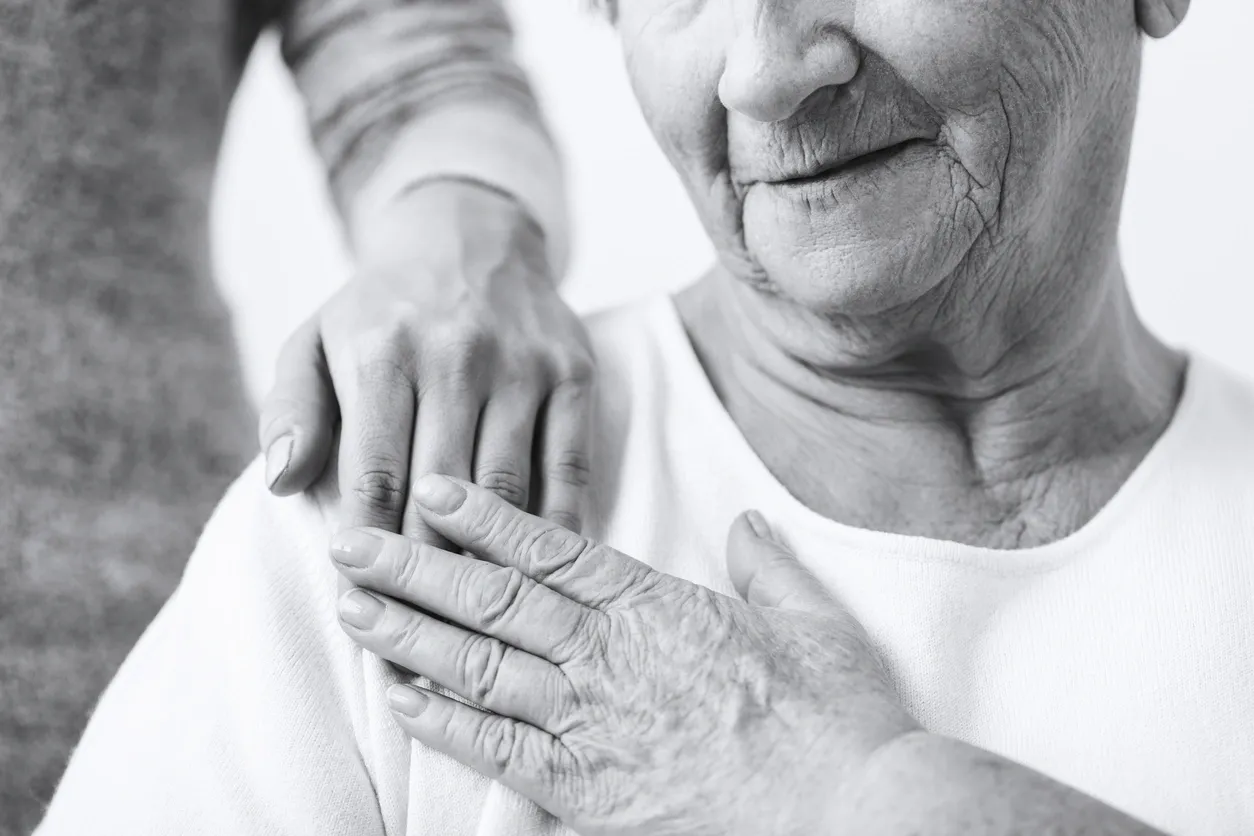
How Companion Caregivers Engage Seniors and Reduce Isolation
November 13th, 2020aging in place, Alzheimer's Care, Caregiver Employment, Caregiver job, Caregiver Service, Companion Caregiver, Dementia Care, Elderly Care, Fall Activities for Seniors, Hire CNA, Hire HHA, Hire PCA, Home Healthcare, House Cleaning, In Home Care, Janitorial Service, Long Term Care, Office Cleaning, Outdoor Activities for Seniors, Polish Care Services, Retirement Plans for Seniors, Senior Care Services, Spring Activities, Summer Activities for Seniors, Uncategorized,
Caring for Seniors: How Companion Caregivers Engage Seniors and Reduce Isolation
Seniors are prone to isolation. But the ongoing pandemic has increased the possibility of seniors becoming isolated even more. One way to reduce isolation is to connect seniors with a companion. Here is an overview of how seniors can benefit from companionship and increased engagement from companion caregivers.
What Companion Caregivers Do
The main thing that companion caregivers do for seniors is to socialize with them. They provide in home senior care on set days of the week, giving their clients something to look forward to during the week. Companion caregivers can assist seniors with household tasks like paying bills, caring for pets, and preparing meals, assist with transportation, and provide medication reminders. But it is the social aspect of their job that cannot be understated.
Companion caregivers provide a connection to the outside world, and for seniors who have difficulty leaving their house due to physical limitations or conditions like Alzheimer’s and dementia, this is important.
Making Connections and Engaging
Companion caregivers help connect with seniors by engaging them in activities like taking walks together, reading together, playing games, and simply having conversations about life and family. Studies conducted in recent years have shown that taking the time to do these things matters. Care workers at nursing homes in the United Kingdom were given care champion training to help them engage residents with dementia in conversation for at least one hour a week. The care workers were given prompts and cues to help elicit conversation.
Over time, researchers found that the seniors who participated in the study had a better quality of life and were less agitated compared to using medication to reduce it. Other studies have found that creating individualized care plans and teaching seniors with Alzheimer’s and dementia how to do certain tasks saw their activities of daily living go up.
Benefits of Staying Active
Engaging with seniors by using conversations and activities has shown that seniors live longer and improve memory and executive function. Companion caregivers can also provide long term care and emotional support that connecting with family and friends would normally bring and make them feel joy.
If you’re searching for a companion caregiver for your elderly loved one, reach out to Polish Care Services. We’ll match a companion caregiver to a senior that meets their needs. Reach out to us today.

Caring for Seniors: Providing Care for Seniors During COVID-19
August 25th, 2020Caregiver Employment, Caregiver Service, Companion Caregiver, Companion Senior Care, Homecare, House Cleaning, In Home Care, in home care assistance, Long Term Care, Office Cleaning,
COVID-19 is not going away any time soon. There are measures that caregivers can and should
take to protect themselves and the people they care for. This article discusses how these measures
protect everyone involved and keeps those in need of care from contracting COVID-19.
Understanding COVID-19 Spread
COVID-19 spreads between people in proximity to one another, less than six-feet apart via
respiratory droplets. When one person coughs, sneezes, or talks to another, the droplets produced
from that will land in the other person’s mouth and nose. The virus can spread from someone who
is infected but not showing symptoms.
How to Stay Safe
Hand washing is one of the main ways to help keep caregivers and those who need care safe. It
should be done frequently, especially after:
– Using the bathroom.
– Caring for someone who is sick.
– Leaving a public place.
– Blowing your nose.
– Changing a diaper.
– Touching your face, eyes, or mouth.
Use hand sanitizer with at least 60% alcohol if soap and water aren’t available.
Maintaining distance from others is another way to stay safe. Stay away from people who are sick
in your household. If you provide long term care at a facility or at a person’s home, limit
unnecessary close contact as much as possible.
Wear a mask when you are outside the house. A mask protects others from getting sick. This
includes while you are working with your care client. Gloves are also recommended when working
closely with someone else.
Keep disposable supplies like masks, gloves, hand sanitizer and other things specific to your care
client in a container at their home or at your facility for your use only.
Clean Frequently
Clean and disinfect surfaces frequently while you are working. This is also a good practice to
implement at home.
Stay Healthy
Be aware of the basic symptoms of COVID-19. These include fever, cough, and shortness of
breath. If you think you have any of these, take your temperature. Don’t take it right after
exercising or taking medication. Consider keeping a symptom diary to track any time you are
feeling unwell during the pandemic.
If you experience any of these symptoms or others, let your client know and plan for alternative
care, and get a COVID-19 test if symptoms are not going away.
Caregivers at Polish Care Services are committed to keeping clients safe during COVID-19.
Moreover, one caregiver to one patient in an in home care setting helps to minimize the risk of spread.
Contact us at 860-255-8278 to learn more about how we provide safe in home senior care.
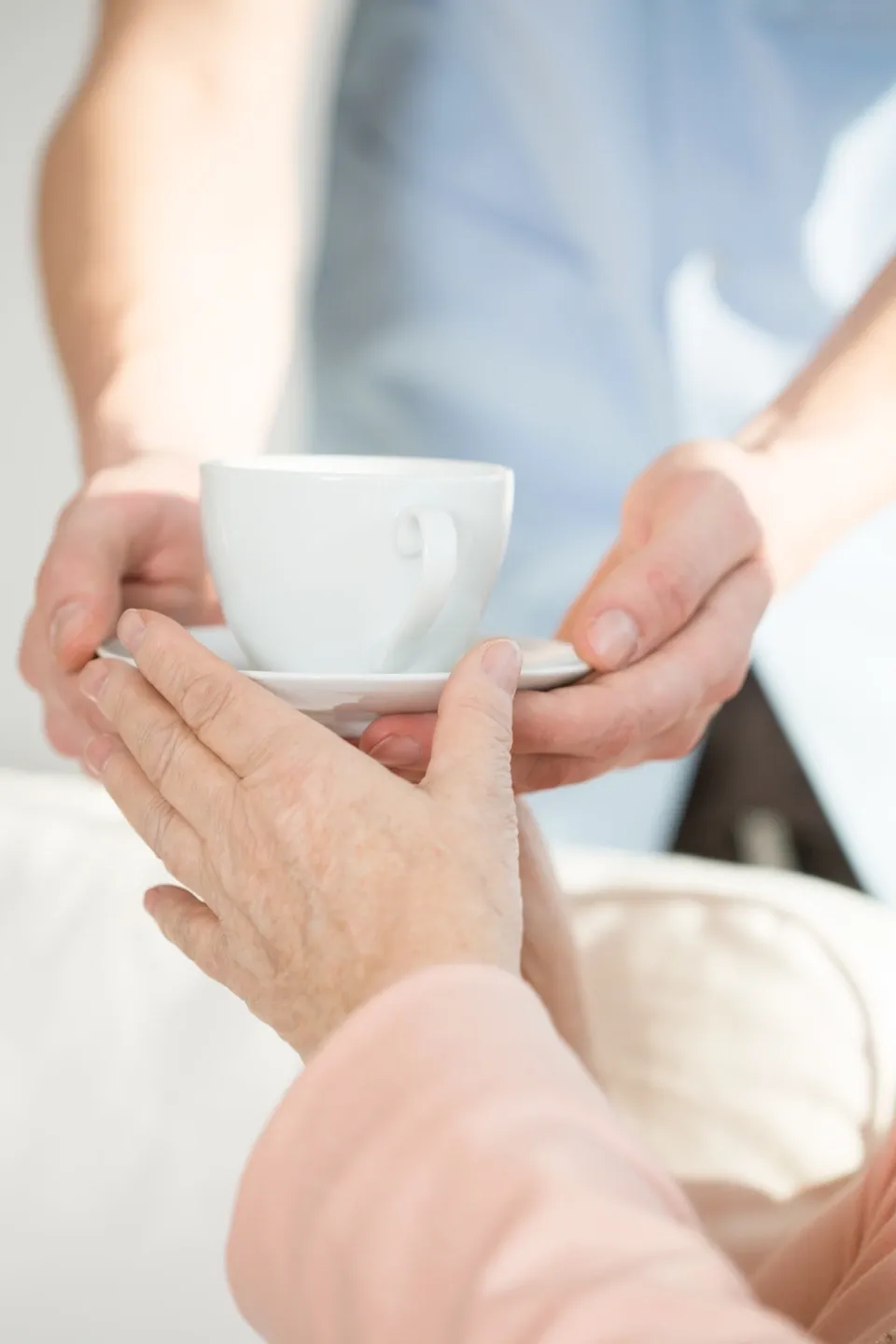
Caring for Seniors: The Caregiver Option
July 7th, 2020Caregiver Employment, Caregiver Service, Home Care, Home Healthcare, Homecare, House Cleaning, In Home Care, in home care assistance, Long Term Care, Polish Care Services, Senior Care Services,
If your elderly loved one is struggling with daily activities like shopping, bathing, or dressing independently, and wants to stay in their home, consider hiring a caregiver. This article discusses what a caregiver is, what their duties are, and tips for hiring one for your loved one.
What is a Caregiver?
A caregiver is someone who provides in-home care for someone who needs extra help doing daily tasks on an ongoing basis. They can also be employed when a loved one is recovering from a temporary illness or surgery.
What a Caregiver Does and Limits to Consider
A caregiver can help with things like driving to appointments, shopping, dressing, and bathing and serve as companions. Caregivers can also help seniors with any prescribed exercises given by therapists, attend appointments, and report any health concerns to family members or doctors that they observe. The duties of the caregiver will ultimately depend on the care needs of a loved one. But there are limits.
When hiring a caregiver, consider what the care needs of your loved one are realistically speaking. Senior care needs can change over time. So be prepared to consider other care options such as increasing hours, round-the-clock care, or moving to a facility if that is what is necessary and appropriate.
Things to Consider When Hiring a Caregiver
Considering your loved one’s care needs is important but it’s not the only thing you should factor in.
Finances- Insurance does not cover the cost of caregivers the majority of the time. Can your loved one or family afford to pay for caregivers now and increased needs in the future?
Family Agreement- Make sure that your loved one and family members involved with them and their care agree with the decision. If your loved one or other family members have different ideas about who the caregiver should be, it can cause significant conflict.
The Right Fit- Hiring a caregiver independently or going with the first agency you call may not be the right fit for your loved one. Talk with your loved one and family, ask questions of prospective agencies and do your research before you hire anyone.
If you’re not sure where to start in your caregiver search, contact Polish Care Services. Our staff will be happy to discuss our services with you!
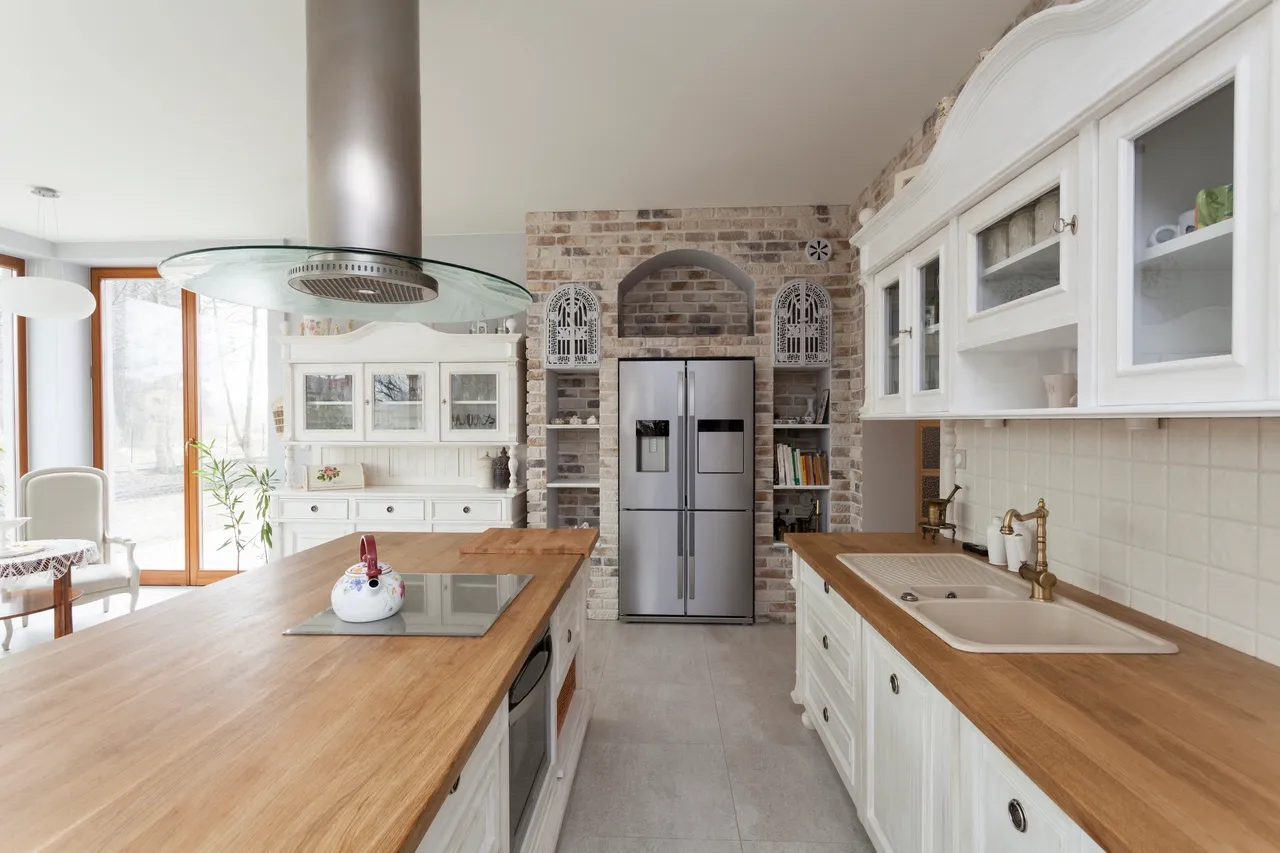
Using Ultraviolet UV Rays for Coronavirus Covid-19 Sanitizing
April 19th, 2020aging in place, Caregiver Employment, Caregiver Service, Companion Caregiver, Dementia Care, Elderly Care, Home Care, Home Healthcare, Homecare, House Cleaning, In Home Care, Long Term Care, Polish Care Services, Senior Care Services,
Because of the Coronavirus Covid-19 pandemic, Polish Care Services team has been researching global solutions to eliminate viruses and bacteria, to better understand how to improve on care quality for its seniors and disabled clients, also to improve its residential and commercial cleaning operations.
Our primary source has always been the CDC and its guidelines. However we believe in gathering and analyzing enough scientific data from credible sources to make informed decisions, for more effective outcomes.
During our research for a no mess solution, we were enlightened about the benefits of Ultraviolet rays for sterilization purposes.
Coronavirus Covid-19 Survival and Transmission
According to the Annual Reviews Covid-19 type viruses transmission is seasonal and cyclical and will primarily occur during December through April. Transmission was found to be most efficient under 23°C/ 73.4°F/ 30% relative humidity RH conditions, and least efficient at 23°C/73.4°F/ 50% RH and 5°C /73.4° F/ 70% RH.
What is Ultra Violet light
Ultraviolet light is a type of electromagnetic radiation that is used for for summer tans, sunburns also makes black-light posters glow. However, too much exposure to UV radiation is damaging to living tissue.
UV is generally divided into three sub-bands:
● UVA, or near UV (315–400 nm)
● UVB, or middle UV (280–315 nm)
● UVC, or far UV (180–280 nm)
The greater the intensity and exposure, the more dangerous it is for organisms. UV-C is considered the most safe when used with precautions.
How does it Work
According to the National Institutes of Health NIH Ultraviolet short-wave radiation destroys DNA in living microorganisms.
The effectiveness of UVC’s is directly related to its intensity and exposure time.
Although UV-C LEDs are relatively new to the commercial market, it is becoming more popular in global communities.
UV-C LEDs targets a specific wavelength needed for disinfection. This is important considering that pathogens vary in their sensitivity to specific UV wavelengths. The benefits of LEDs are unlimited daily cycle, instant on/off and mercury free. Most handheld ultraviolet LED sanitizer wands has a shield that minimize light and radiation contact with user.
What are the Dangers
Dangers of too much exposure to Ultraviolet (UV) radiation is a known cause of skin cancer, skin aging, eye damage, and may affect the immune system.
Further research is needed for the consistent use of Ultraviolet sterilization, although most studies shows that the use of these devices with the proper precautions, can be effective and relatively safe. Virus in hard to reach areas such as cracks and crevices may not have the adequate exposure to be eradicated, and can still survive.
It is recommended to use sanitizing solutions with ultraviolet rays to be more effective.
Best Solutions
Best solutions are still social distancing, hand washing, disinfecting surfaces, and wearing mask when necessary. If possible, seniors and those with preexisting conditions should avoid areas with large groups or gatherings, as the risk of contracting the virus is more elevated in these settings.
In home care with a personal caregiver may be the best viable option. Without a vaccine, and because of the cyclical nature of the Covid-19 virus, this indicates occurrences will be seasonal and cyclical December – April.
Polish Care Services provides caregivers for seniors and disabled, we also provide cleaners for homes, and janitors for offices and business.
Please visit us at polishcareservices.com or phone 860-255-8278 or email care@polishcareservices.com so we can better understand your needs.

Healthy, Happy and Far Away: Advice for Long-Distance Caregivers
September 28th, 2018Alzheimer's Care, Caregiver Service, Dementia Care, Elderly Care, House Cleaning, In Home Care, Long Term Care, Senior Care Services,
If you live far away from an aging parent, you may have gone years without worrying about your father or mother getting to medical appointments, the grocery, or maintaining an active social life. However, with age may come a lack of mobility, forgetfulness, or isolation, and a once self-sufficient parent is suddenly incapable of doing all those things you’ve taken for granted. Seemingly overnight, you’ve become a long-distance caregiver with a very big job of coordinating a whole lot of needs and activities.
Now, you have to determine whether your loved one requires skilled medical care, assistance with daily activities, transportation to medical appointments, companionship, or in-home mobility modifications. It’s a lot to work out, and if the answer to one or more of these scenarios is “yes,” it’ll probably require a trip and a lot of research.
Medicare Supplement
Senior care can be very expensive. Adding a Medicare supplement plan is a good idea because it can help cover expenses that health insurance will not. Benefits may include anything from prescriptions to vision and dental care, based on the plan in which your parent is enrolled. Be aware that the Medicare open enrollment period begins October 15 and ends December 7, so the sooner you can help your parent research options, the better prepared you’ll be if the need arises.
Finding Support
This is an excellent time to enlist the aid of any friends or family members who live near your parent. If that’s not a possibility, consider introducing yourself to your parent’s neighbors in case an emergency intervention is necessary. Hopefully, the neighbors will be willing and able to help with transportation, errands, and other ad hoc needs that will likely arise. Find out as much as possible about in-home health aides, or check out the U.S. Department of Health and Human Services’ Carelike community resource finder, a free service that can help you identify services anywhere in the US (some senior care services are free and have no income requirements).
Caregiver Support Resources
Trying to carry on with so many new responsibilities can be overwhelming, especially when you live a long plane flight away. Your parent’s care needs could change at any time, so it’s important to know what to do if you have to find home care or companion services or a geriatric care manager. Do some research about local adult day cares, as well as assisted living and long-term care nursing facilities. Be prepared for the unexpected with a personal emergency response plan.
Monitoring
According to the National Institute on Aging, there are approximately 7 million long-distance caregivers in the US. If your parent has a special medical condition or is experiencing a mental or physical decline, a senior monitoring system provides the technology necessary to keep track of your parent and maintain peace of mind. Monitoring technology can keep you apprised of your parent’s health status, location, safety, and health. It can also keep medical care professionals apprised of the situation and increase response times if something goes wrong.
Emergencies
If an emergency does occur, you’ll need to have documentation that allows you to respond in a timely fashion. Also, make sure you have copies of your loved one’s medical records (don’t forget to include the names of doctors and other health care providers), proof of power of attorney, advanced medical directives, a living will, and anything you might need in case you have to travel on short notice.
If you’re a long-distance caregiver, information is a powerful asset because your parent’s care needs could change very quickly. Knowing where to turn in their community is essential because speed is of the essence when the need arises unexpectedly.
Credit: June Duncan for Polish Care Services https://polishcareservices.com

Self-Care Tips For Caregivers: How To Feel Better
August 17th, 2018Alzheimer's Care, Caregiver Service, Dementia Care, Elderly Care, House Cleaning, Janitorial Service, Long Term Care, Office Cleaning, Polish Care Services Trademark, Senior Care Services,
Self-care is incredibly important for all of us; it reduces stress and anxiety, helps with fatigue and health issues, and allows us to focus on our needs in order to heal emotionally, mentally, or physically. It can be difficult to carve time out of our busy schedules to do so, however, and when you’re a caregiver, looking after your own needs can bring on feelings of guilt. Caregivers often put themselves last on their list of priorities, and unfortunately, this can lead to burnout, exhaustion, and even substance abuse.
The good news is that taking care of yourself doesn’t have to be time consuming or lead to feelings of guilt or selfishness. Finding small ways to make yourself feel good and stay healthy is easy when you know where to begin, and usually, it starts at home. Create a relaxing space that will help you feel better after a long day and reduce stress, and set aside time to do things you enjoy, such as reading or gardening.
Keep reading for more great tips on how to practice self-care when you’re a caregiver.
Keep your finances in order
Many caregivers draw from their own finances to take care of a loved one, and it can be a huge drain on your savings to continue doing so, which can lead to stress and anxiety. Keep a close eye on your finances, set a budget for both of you, and look for ways you can save money by applying for grants for home modifications and medical equipment. Look online to see what you might qualify for; you can start here.
Take a time-out
Taking the time to get away from the stress you face every day is important, and it doesn’t require a vacation; you can take a little time-out whenever you feel overwhelmed simply by finding something that relaxes you and committing to it. Whether it’s a long, hot bath, sitting down with a cup of tea or coffee, or going out in the garden to putter for a few minutes, having a go-to stress reliever will help you feel in control and will allow you to combat emotional and mental fatigue.
Find healthy ways to cope
Many caregivers find that it’s difficult to deal with the stress of taking care of a loved one every day and turn to substances for a reprieve. It’s essential that you learn how to cope with those feelings of stress in a healthy way so that they don’t overwhelm you, because relying too much on alcohol or other dangerous substances will only lead to more issues. Find a support group so you can talk to people who understand what you’re going through, or consider taking up art therapy to help you release feelings of stress and tension.
Stay connected
Taking care of someone else’s needs for 24 hours a day can lead to feelings of isolation, so it’s imperative that you stay connected with your loved ones and friends. If you’re unable to go far, set up a Skype account so you can stay in touch with the people you enjoy spending time with, and make arrangements for video calls that will allow you to see them.
As a caregiver, you have a very large responsibility, and it can easily become overwhelming physically, mentally, and emotionally. Take care of yourself and make your health a priority; exercise daily to keep up your strength, and eat well-balanced meals. Learn how to focus on your own needs so you won’t suffer burnout.
Credit: June Duncan for Polish Care Services https://polishcareservices.com

Polish Care Services Trademark
July 22nd, 2018Alzheimer's Care, Caregiver Service, Dementia Care, Elderly Care, House Cleaning, Janitorial Service, Long Term Care, Office Cleaning, Polish Care Services Trademark, Senior Care Services,
Polish Care Services was grated the trademark from the United States Patent and Trademark Office (USPTO) for cleaning and caregiving services. As a company that genuinely cares about our clients and what we do, this is one more effort to let us stand out as a Polish European and American company that sets high standards not only in quality of work and care, but also customer service. Thank you to all our customers, employees and those who have supported us throughout the years.
